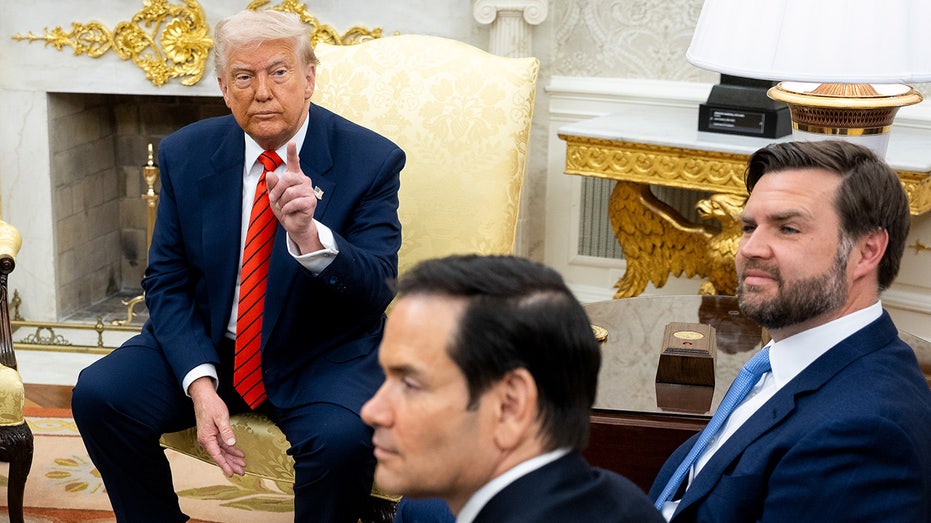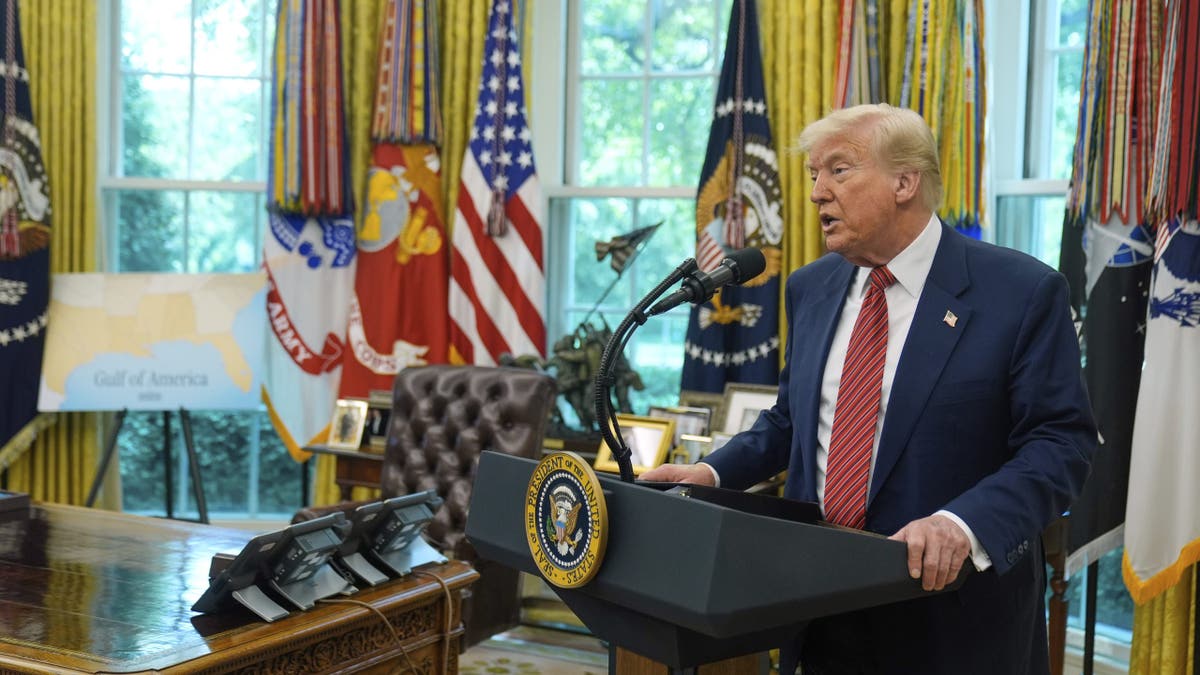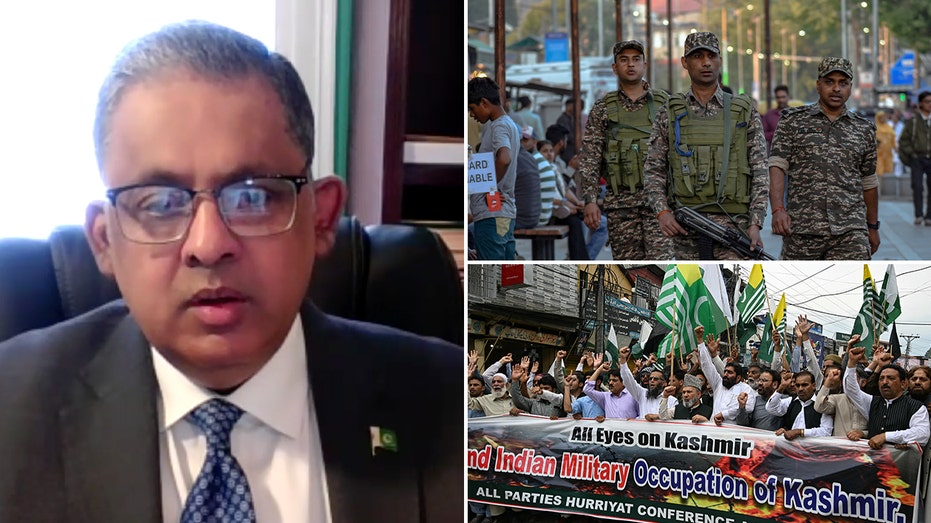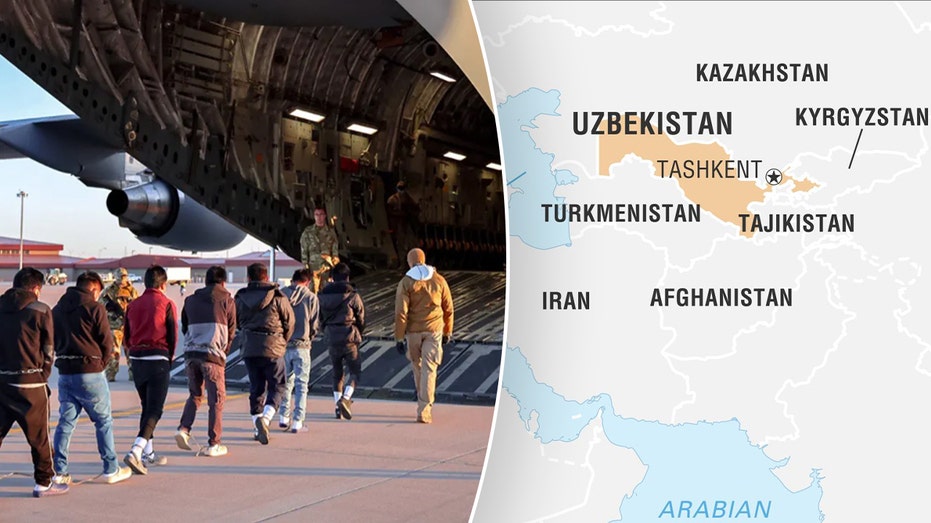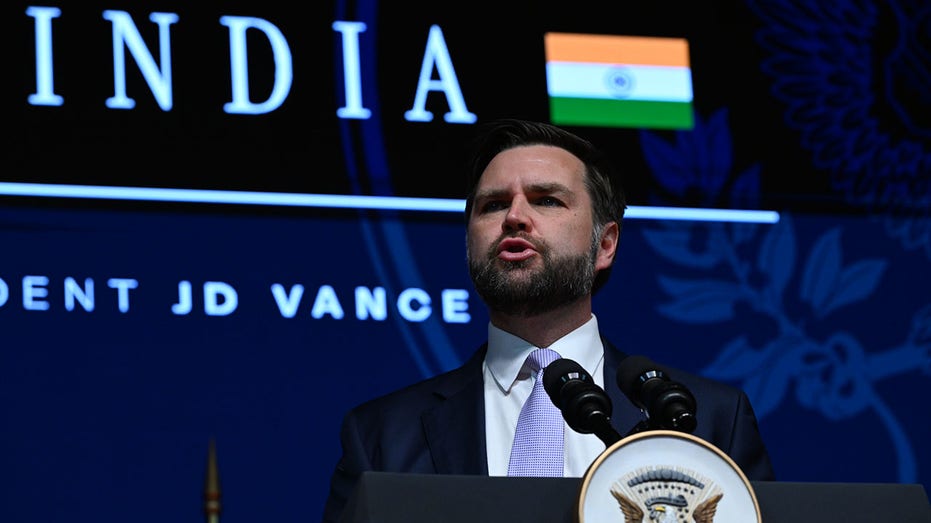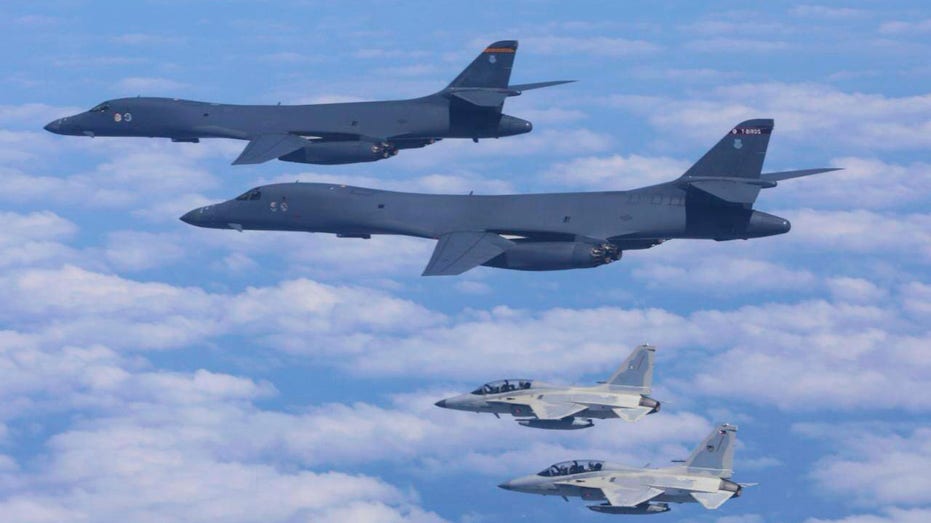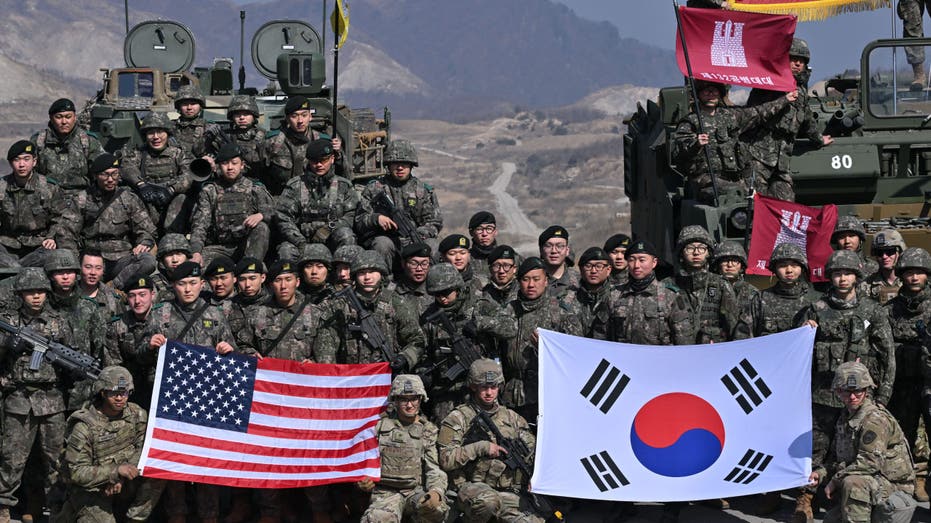Inside the White House's effort to pull India, Pakistan back from the brink of war
As officials in the White House became increasingly concerned about the escalation in the conflict between Pakistan and India, it was decided Friday morning that Vice President JD Vance would call Indian Prime Minister Narendra Modi.
Twenty-four hours before President Donald Trump announced on social media Saturday morning that a ceasefire had been reached, the scramble in the White House began.
Senior officials began to fear that the situation could spiral out of control with neither side seriously considering options for de-escalation after Pakistan hit back at Indian military sites on Friday following an Indian missile attack on Pakistan.
The strikes mark the latest escalation between the nuclear-armed rivals, a move triggered by a mass shooting for which India blames Pakistan.
PAKISTAN SAYS IT HAS STRUCK MILITARY TARGETS INSIDE INDIA IN SERIES OF NEW ATTACKS
In his noon phone call with Modi, Vance made it clear that the U.S. believed that there was a high probability of dramatic escalation as the conflict went into the weekend.
The vice president encouraged Modi to consider de-escalation options, including a potential off-ramp that U.S. officials knew the Pakistanis would be amenable to.
Modi listened to the vice president’s message, although he didn’t explicitly indicate openness to any of the options put forth.
Vance's call to Modi came less than a month after he met with the Indian leader in New Delhi to discuss trade talks.
From that point, key U.S. officials continued to work the phones with their counterparts in India and Pakistan into the night to help re-establish communications between the two sides, allowing them to work out terms for a ceasefire in the next 12 to 18 hours.
PAKISTAN, INDIA SUGGEST POSSIBLE DE-ESCALATION AMID BOTH COUNTRIES' MISSILE STRIKES
"After a long night of talks mediated by the United States, I am pleased to announce that India and Pakistan have agreed to a FULL AND IMMEDIATE CEASEFIRE," President Donald Trump wrote on Truth Social just before 8 a.m. on Saturday. Congratulations to both Countries on using Common Sense and Great Intelligence. Thank you for your attention to this matter!"
House Republican Conference Chair Rep. Lisa McClain, R-Mich., reacted to the president's announcement by referring to him in a post on X as "The Peace President."
U.S. Secretary of State Marco Rubio noted in a statement that he and Vance had engaged with officials from the two foreign countries.
"Over the past 48 hours, Vice President Vance and I have engaged with senior Indian and Pakistani officials, including Prime Ministers Narendra Modi and Shehbaz Sharif, External Affairs Minister Subrahmanyam Jaishankar, Chief of Army Staff Asim Munir, and National Security Advisors Ajit Doval and Asim Malik," Rubio said in the statement.
"I am pleased to announce the Governments of India and Pakistan have agreed to an immediate ceasefire and to start talks on a broad set of issues at a neutral site," he continued. "We commend Prime Ministers Modi and Sharif on their wisdom, prudence, and statesmanship in choosing the path of peace."
Vance wrote in a post on X, "Great work from the President’s team, especially Secretary Rubio. And my gratitude to the leaders of India and Pakistan for their hard work and willingness to engage in this ceasefire."

